Policymakers have been arguing about what’s causing the increasing violence in Iraq. Some say it’s the chaos in Syria which has given the Sunni rebel group ISIS (the Islamic State in Iraq and Syria, alternatively known as ISIL) access to weaponry and a safe haven from which to organize attacks. Others argue that it was the withdrawal of American troops from Iraq that has allowed a resurgent violent Sunni movement to take hold. Others claim that this latest war is simply the continuation of the age-old religious divide between Sunnis and Shiites. Still others argue that the war is really just about control of oil rich land.
All of these explanations miss the critical variable driving violence. Violence in Iraq is not the result of the war in Syria, or the absence of American troops, or Sunni-Shiite hatred, or oil. It’s the result of a political system dominated by one group in society to the exclusion and detriment of another. To put it bluntly: the war in Iraq is all about Iraq’s lousy political system.

It is no surprise to anyone who has studied civil wars that Iraqi Sunnis have started a civil war. There are three robust findings in the civil war literature that strongly predicted this. In a study of all politically relevant ethnic groups from 1946-2005, Cederman, Wimmer and Min found that “large ethnic groups that are excluded from state power or underrepresented in government are much more likely to challenge the regime’s insiders through violent means.” They also found the “a loss of power in recent history or previous conflict further increases the likelihood of armed conflict.” This is exactly what happened to Iraqi Sunnis. When the United States set up the first post-Saddam Hussein government the intention was to share power between the more numerous Shiites and less numerous Sunnis. This did not happen. Instead, Shiites under Prime Minister al-Maliki have consolidated political control, essentially shutting out everyone else. This loss of political power (without any hope of gaining it in the future) created strong incentives for Sunnis to fight a system that offers no protection from exploitation now and in the future. Add to this the fact that the Shiites inhabit oil rich land (while the Sunnis do not) and this creates a situation where the Sunnis have strong incentives to fight now for complete control of government before the Shiites become even stronger.
The third finding in the civil war literature has to do with bad governance and repeat civil war. One of the best predictors of whether a country will experience repeat civil war is the degree to which its leaders are institutionally constrained. The greater the rule of law and the more constraints on political elites, the less likely the opposition is to rebel. These conditions do not exist in Iraq today. The current government of al-Maliki is weak, corrupt and determined not to share power with the Sunnis. The result? Sunnis have strong incentive to fight, and many in ISIS-controlled areas have no love for the Baghdad government.
So what is the US to do? The key to preventing a long and bloody war in Iraq is to create disincentives for Sunnis to fight for complete control over the government. This may not be as hard as it sounds. True, the Sunnis’ number one goal is to regain full control over the government — but Sunnis understand that this is risky and costly. Their second best solution would be to gain a significant voice in government such that Sunnis could ensure that they will not be exploited by the demographically larger Shiite population. This will require a negotiated settlement with al-Maliki and his government that offers real power-sharing guarantees to the Sunni population. A negotiated settlement with moderate Sunnis has the added benefit of undercutting their support for more extreme elements. Studies by Walter 1997 and Harzell and Hodie 2003 have found that civil war combatants are significantly more likely to sign and implement peace settlements that include specific power-sharing guarantees.
But how do you convince al-Maliki to share power when he has shown no inclination to do so to date? As Marc Lynch wrote yesterday, al-Maliki has been urged to build a political accord for a half-decade, but has not done so. The key, I believe, is to make any aid or assistance to him contingent on good behavior. Once it is clear to al-Maliki that he and his army cannot defeat the Sunnis, it will also become clear to him that a deal is his best option.
There is one silver lining in this situation. The fact that the Shiites are demographically and economically stronger while the Sunnis are militarily more robust give us hope that the two sides enjoy a balance that will allow them to enforce the deal over time.


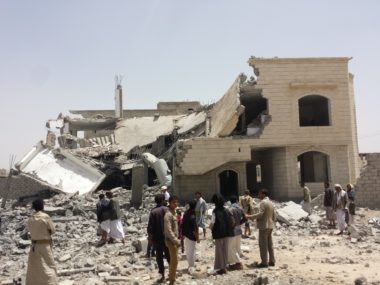
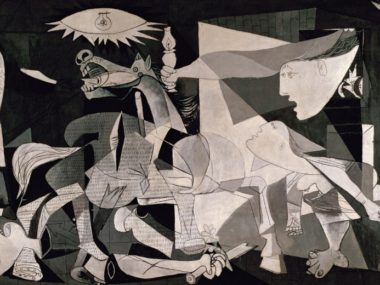
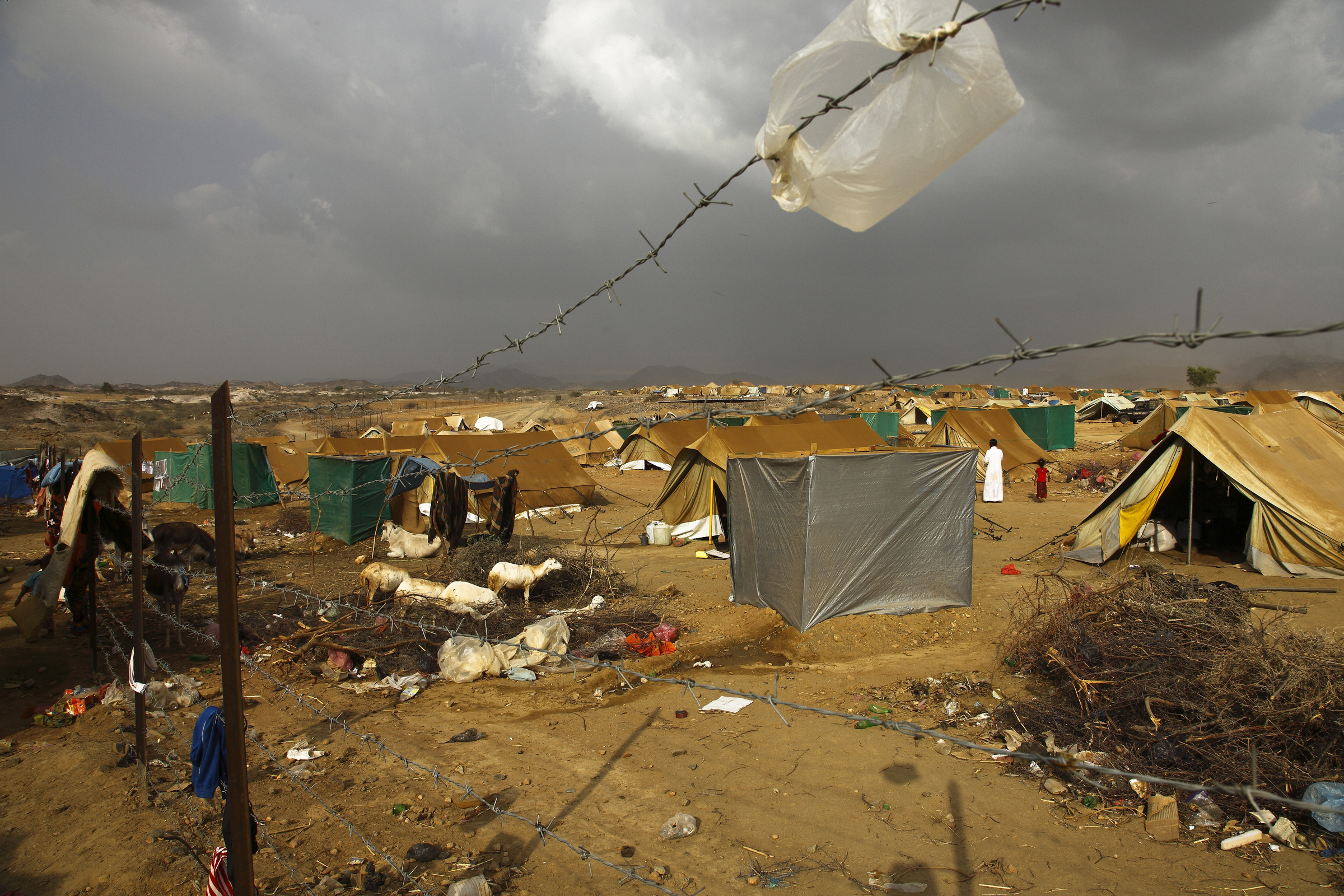
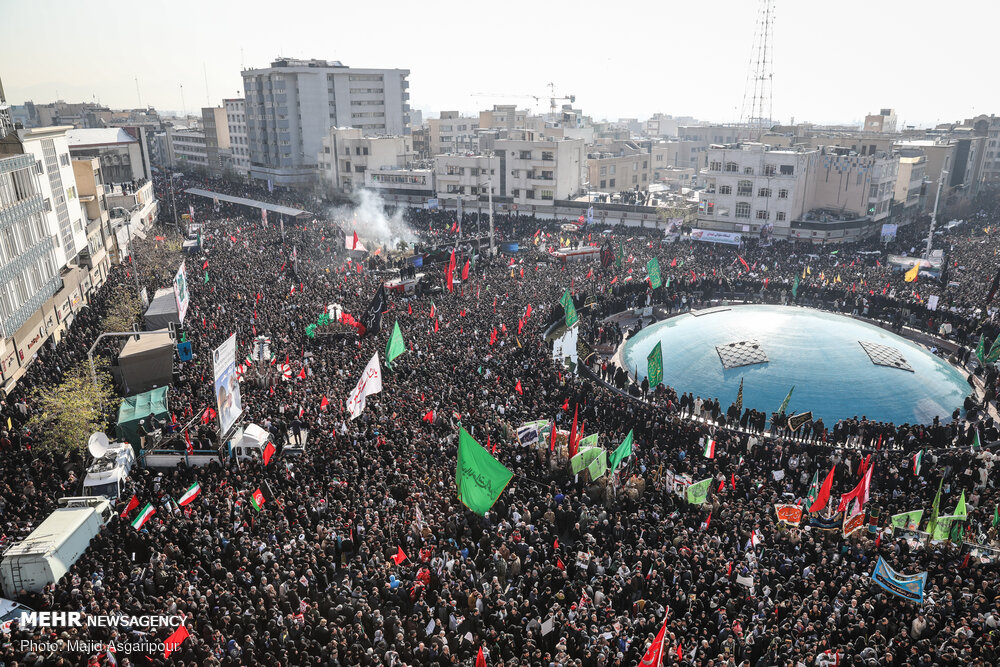
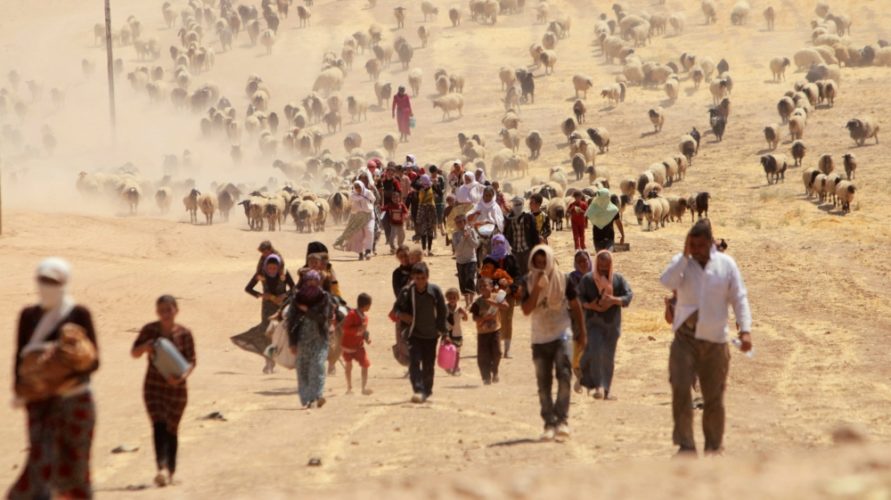
8 comments
But if the U.S. cuts off aid and assistance to al-Maliki, Iran or some other baddie (Russia?) may step in. Looks like Iraq is going to be one of those gifts that keeps on giving.
Iran’s effectively already stepping in. It’s not a secret that they favor Maliki over some of the other major figures in Iraq.
As for Russia, they’d probably like to but Russia doesn’t have the money or military might. Iran, however, doesn’t have much choice in the matter. From an Iranian perspective this is an opportunity to secure a friendly Shia government in a nation that, under a Sunni government at the very beginning of the current Iranian government’s existence, invaded Iran. Add to that the ongoing war in Syria and serious concerns about the survival of the Iranian government with the state of the Iranian economy and government treasury, and it’s possible that the Iranian leadership sees this as an existential crisis.
So while an Iraqi figure arguing for a pan-Iraqi view would probably be much better at combating Sunni religious militants, Iran probably won’t feel safe if Iraq’s not comfortably under Shia control.
I think American observers have overestimated the extent to which the Baghdad government has depended on Iran (Iraq is its own country, and its leaders would like to remain independent regardless of religious ties with their eastern neighbor), but Tehran certainly sees this as an extremely dangerous crisis.
It’s anyone’s guess whether Iranian aid could make the conflict worse (by strengthening the narrative among Iraqi Sunnis that the government is out to get them), but Iran is going to be actively defending its interests no matter what the US does.
“The key, I believe, is to make any aid or assistance to him contingent on good behavior”
I think that is exactly what Obama admin is try to do. The problem is, that the only leverage we seem to have concerns the implements of violence and direct application of violence.
It will be hard to use the carrot and stick meathod, when your carrot IS the stick.